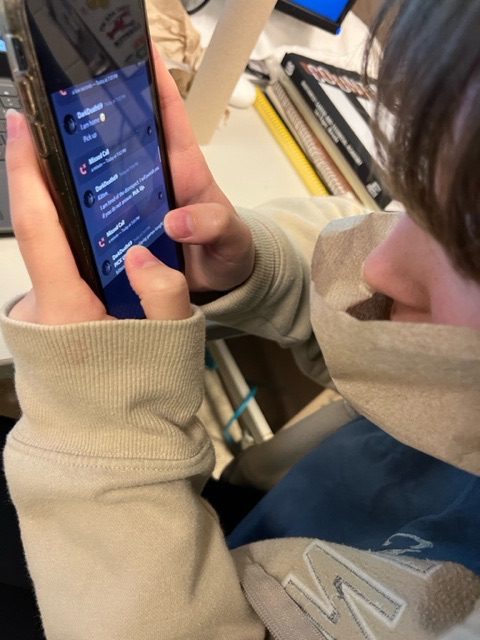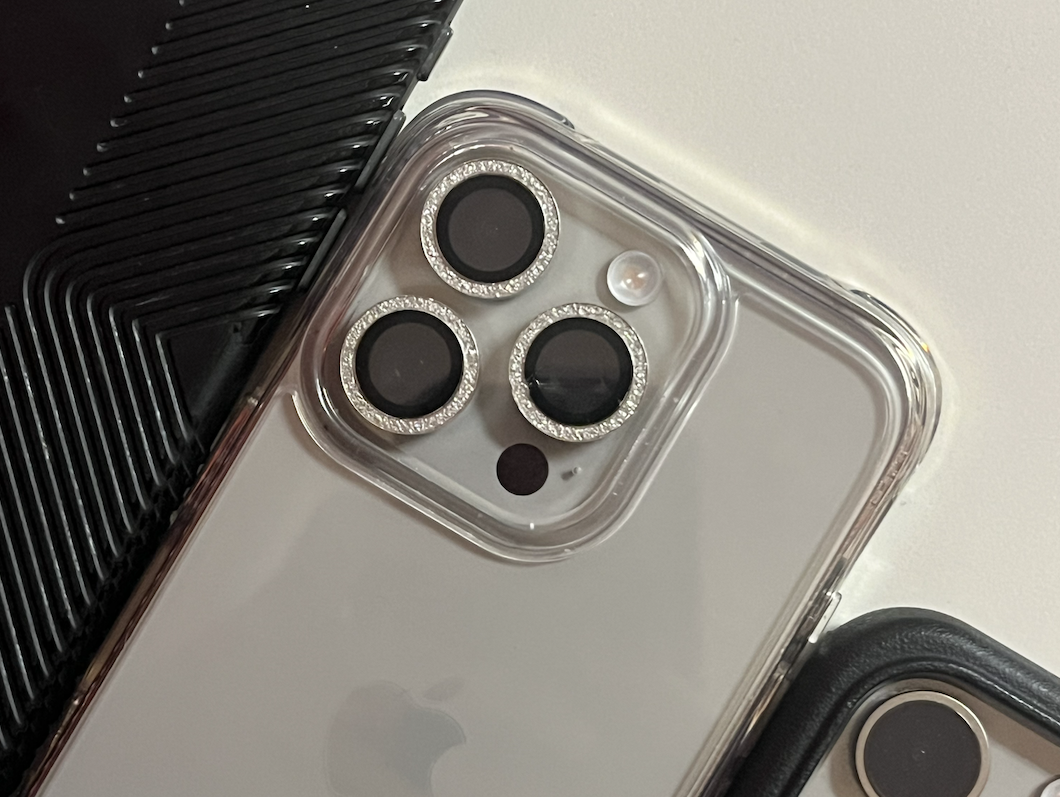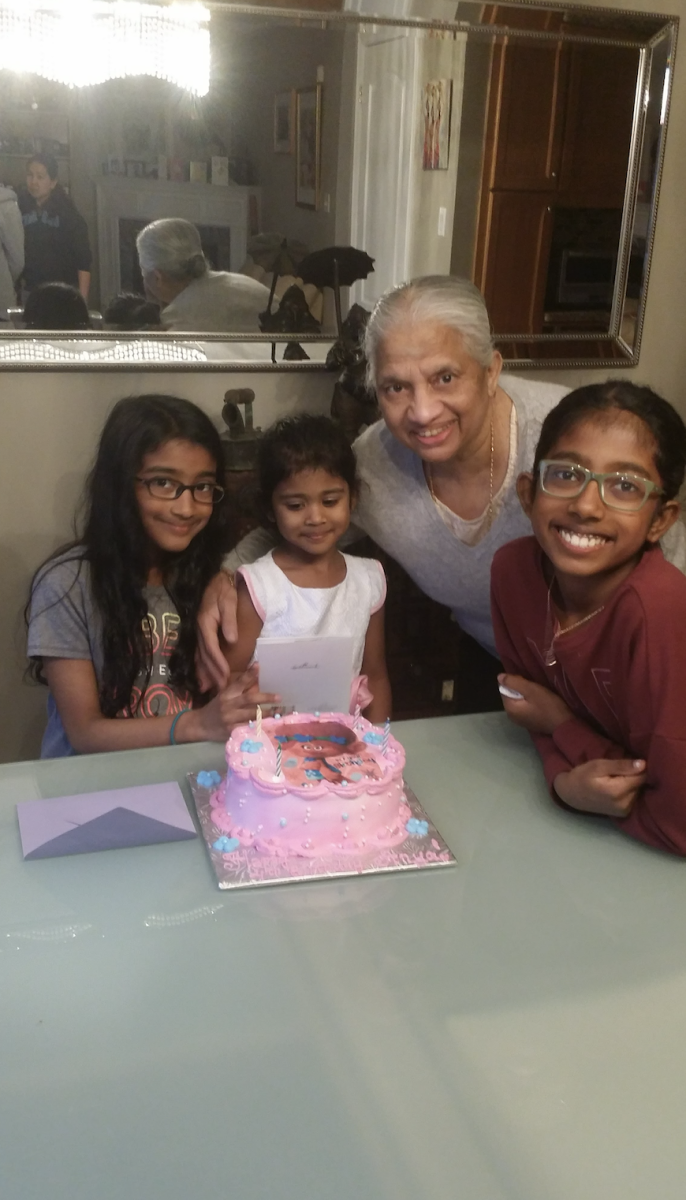Edating, the Internet equivalent of a date, has woven its way into our daily lives. It’s become widely mainstream and accepted as a form of love and communication, it has become the norm in thousands of relationships. Relationships online, at least. Dating apps are increasingly common and widespread, easy ways of finding the new face of a person you may fall in love with. Love is an odd way to describe online relationships, can you truly love someone you don’t truly know?
Love online is placed out on a silver platter. Dating bios give you flexibility to alter yourself, change your personality and who you are. It does not give you the natural ability of self-expression, it rather allows you to create yourself. A rose facade across a biography. You are not truly who you put out online. Nobody is who they are online. Edating is essentially dating a personality you found online rather than a real person who you could talk to in real life.
Edating has always been an easy portal for stalking and possible crime. Dating apps need drastic security measures to keep their users safe. However, as they become more commonplace, it has become increasingly difficult for people to feel safe online with their partner. It is easy to fake who you are online, and it is not hard to find ways to make yourself seem like a completely different person.
According to Fighter Law, “As our dependency on the Internet has grown, so too has the frequency of online misconduct. Many victims have faced severe harassment and threats through dating applications.”
Sadly, many who are already in these toxic and manipulative situations and relationships have no way to get out of them. Stalkers and harassment are often the result of these, and they can bloom into serious crime. By 2017, the threat of fraud through online dating rose by 70%, according to Brickfield and Donahue. More than 10% of online dating profiles are fake, meaning one in ten of the people you swipe by may not even be real people, according to Besedo. According to Statista, 56% of women on online dating websites were sent an explicit photo that they did not ask for, and 43% had someone continue to contact them after being told to stop. One in four people in online relationships do not want a commitment, and 19% have talked to more than eleven people at once. Due to these statistics, only about 30% of online relationships will ever turn into a relationship lasting longer than six months.
It is hard to keep yourself safe online, especially if you are in a relationship with somebody that you don’t really know or have never met before in real life. You never truly know who you are talking to through your screen. Is love truly real through a dating app? How do you know that your significant other is not putting up a persona? Dating is not worth it online, and therefore should not be encouraged or allowed to be the norm.










